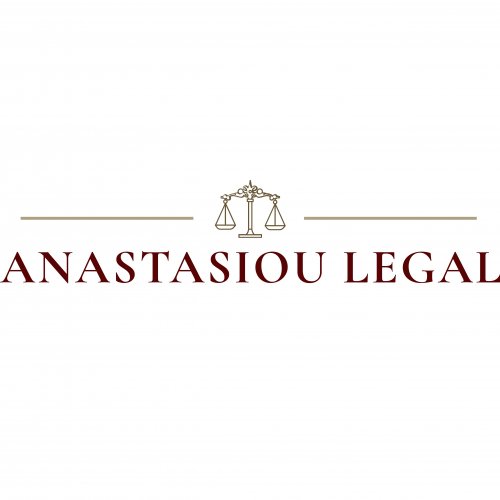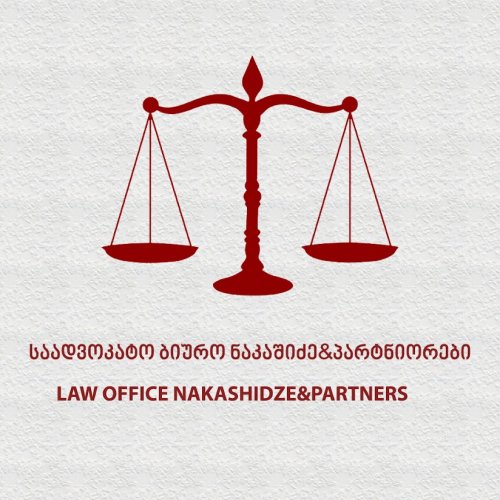Best Discrimination Lawyers in Tbilisi
Share your needs with us, get contacted by law firms.
Free. Takes 2 min.
List of the best lawyers in Tbilisi, Georgia
About Discrimination Law in Tbilisi, Georgia
Discrimination law in Tbilisi, Georgia, seeks to ensure equal rights and opportunities for all citizens, regardless of their race, religion, sex, age, disability, or other protected characteristics. The law bans all forms of unjust treatment or prejudice in relation to someone's distinct identity attributes in a variety of social settings, including employment, education, and housing. However, as is the case in many jurisdictions, recognizing and addressing discrimination can be challenging, hence the need for specialized legal guidance.
Why You May Need a Lawyer
The complexities in the discrimination law can make it difficult for a layperson to understand in depth. Lawyers play an essential role in educating individuals on their rights and responsibilities under the law. If you feel you've been discriminated against in Tbilisi, a lawyer can guide you through every step of the process, from gathering evidence and presenting a persuasive case to representing you in court if necessary. They can also help you file a complaint with relevant authorities, effectively helping you to secure justice and compensation for any harm you've suffered as a result of the discrimination.
Local Laws Overview
The Constitution of Georgia, under Article 14, prohibits discrimination on any grounds. Moreover, Georgia's Law on Elimination of All Forms of Discrimination provides a legal framework for combating discrimination in all its forms. The law also establishes the Public Defender’s Office as the body responsible for monitoring compliance with the regulations, allowing victims to lodge complaints. However, the specifics and intricacies can be best understood with the help of a legal professional.
Frequently Asked Questions
What forms of discrimination are prohibited in Tbilisi?
In Tbilisi, like the rest of Georgia, all forms of discrimination, whether based on race, color, language, sex, religion, political or other opinions, nationality, ethnicity, origin, property or social status, place of residence, disease, disability, sexual orientation, gender identity, age, marital or other status, are prohibited by law.
What types of remedies are available if I'm a victim of discrimination?
Victims of discrimination in Tbilisi may be entitled to various forms of remedies, like ceasing the discriminatory action, rectification, damages, and sometimes even a public apology. Each case may require a specific type of remedy, which can be best advised by a lawyer.
How do I prove a discrimination case?
Proving a discrimination case requires substantial and credible evidence. This can include written communication, witness testimony, or patterns of behaviour. Gathering and presenting such evidence can be complex, which is why legal help is highly recommended.
Can I report discrimination anonymously?
Yes, the Public Defender's Office permits individuals to report instances of discrimination anonymously. However, the details may depend on the specific case.
What is the time limit for reporting a discrimination case?
Generally, it's advised to report any case of discrimination as soon as possible, as some cases might have particular statute limitations. A lawyer can provide more accurate information based on the specifics of an individual case.
Additional Resources
In addition to hiring a lawyer, you may also wish to engage with local human rights organizations, community centers, or government entities that tackle discrimination like the Public Defender’s Office and The Ministry of Justice of Georgia. Local non-profit organizations can also offer support and resources, while international organizations like Human Rights Watch and Amnesty International provide relevant and comprehensive information on discrimination in Georgia.
Next Steps
If you believe you've been a victim of discrimination, it's important to collect any available evidence and immediately contact a qualified lawyer. A lawyer can review your case, guide you through the process of lodging a report, represent you in court if necessary, and work to ensure that your rights are preserved.
Lawzana helps you find the best lawyers and law firms in Tbilisi through a curated and pre-screened list of qualified legal professionals. Our platform offers rankings and detailed profiles of attorneys and law firms, allowing you to compare based on practice areas, including Discrimination, experience, and client feedback.
Each profile includes a description of the firm's areas of practice, client reviews, team members and partners, year of establishment, spoken languages, office locations, contact information, social media presence, and any published articles or resources. Most firms on our platform speak English and are experienced in both local and international legal matters.
Get a quote from top-rated law firms in Tbilisi, Georgia — quickly, securely, and without unnecessary hassle.
Disclaimer:
The information provided on this page is for general informational purposes only and does not constitute legal advice. While we strive to ensure the accuracy and relevance of the content, legal information may change over time, and interpretations of the law can vary. You should always consult with a qualified legal professional for advice specific to your situation.
We disclaim all liability for actions taken or not taken based on the content of this page. If you believe any information is incorrect or outdated, please contact us, and we will review and update it where appropriate.











